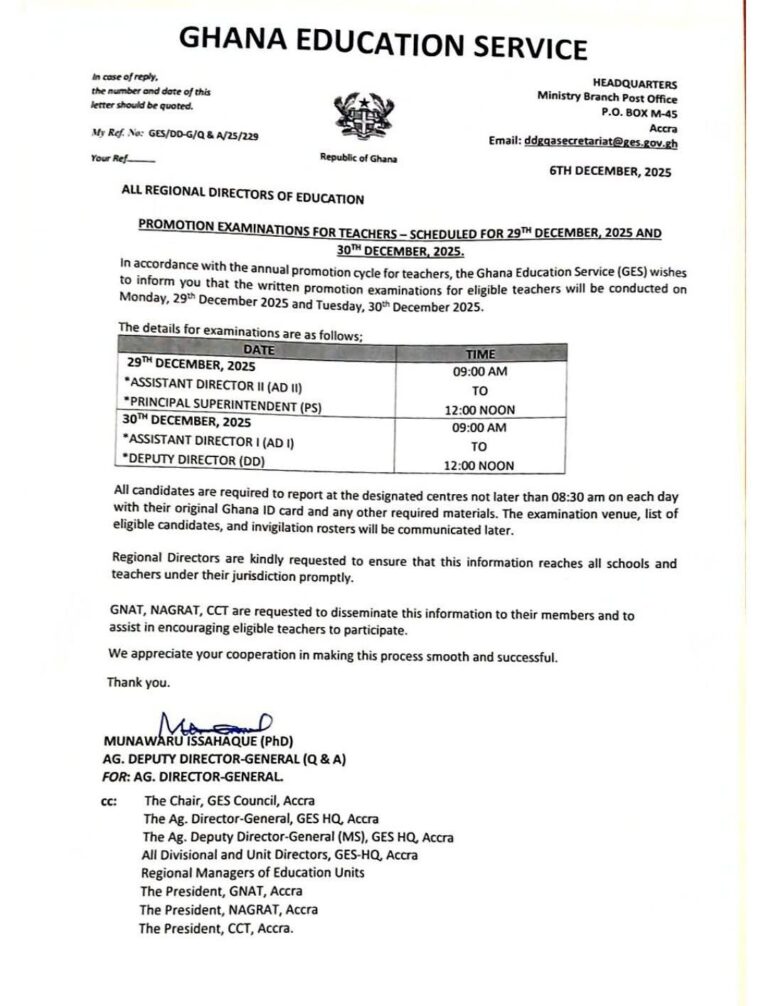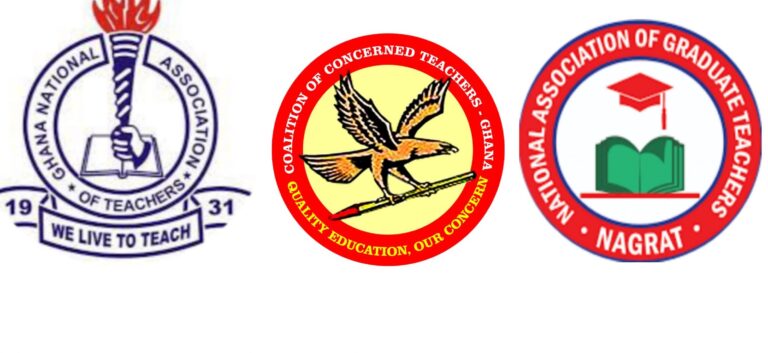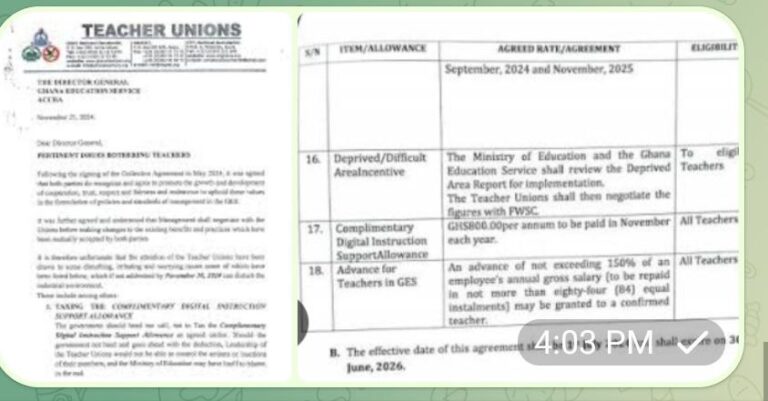
Career Technology Content Development for Teacher Licensure Examinations
National Teaching Council (NTC)
Comprehensive Guide to Career Technology Curriculum
This structured breakdown presents the Content Areas, Competencies, and Assessment Framework for Career Technology in the Ghana Teacher Licensure Examinations.
Core Content Areas & Competencies
1. Health and Safety
-
Key Focus Areas:
-
Personal hygiene and food safety practices
-
Workshop/lab safety protocols
-
Environmental health management
-
-
Sample Tasks:
-
Design a poster on proper handwashing techniques
-
Conduct a risk assessment for a school workshop
-
Propose solutions for waste management in communities
-
2. Materials for Production
-
Key Focus Areas:
-
Compliant vs. resistant materials
-
Smart/modern materials (e.g., thermochromic pigments)
-
Food commodities classification
-
-
Sample Tasks:
-
Compare properties of wood vs. aluminum
-
Plan a balanced meal using local food commodities
-
Experiment with shape-memory alloys
-
3. Tools, Equipment and Processes
-
Key Focus Areas:
-
Precision measuring techniques
-
Cutting/joining methods across materials
-
Kitchen equipment handling
-
-
Sample Tasks:
-
Demonstrate proper use of vernier calipers
-
Create a step-by-step guide for maintaining sewing machines
-
Film a tutorial on knife safety in food labs
-
4. Technology in Production
-
Key Focus Areas:
-
Structural engineering principles
-
Mechanisms (gears, pulleys)
-
Basic electronics
-
-
Sample Tasks:
-
Build a model truss bridge
-
Troubleshoot a faulty circuit
-
Design a simple conveyor belt system
-
5. Designing and Making Products
-
Key Focus Areas:
-
Technical drawing skills
-
Design thinking process
-
Prototyping and testing
-
-
Sample Tasks:
-
Draft orthographic projections of household items
-
Develop a product to solve a school cafeteria problem
-
Create a portfolio of three finished artefacts
-
6. Entrepreneurial Skills
-
Key Focus Areas:
-
Career pathways in vocational fields
-
Business plan development
-
SME management strategies
-
-
Sample Tasks:
-
Interview a local artisan about their business model
-
Pitch a startup idea for a school-based enterprise
-
Analyze case studies of failed vs. successful Ghanaian SMEs
-
Assessment Blueprint
| Content Area | L1 (Recall) | L2 (Skills) | L3 (Strategic Thinking) | L4 (Extended Thinking) | Total |
|---|---|---|---|---|---|
| Health and Safety | 1 | 3 | 3 | 3 | 10 |
| Materials for Production | 4 | 4 | 8 | 9 | 25 |
| Tools & Processes | 3 | 7 | 9 | 6 | 25 |
| Technology | 2 | 2 | 3 | 3 | 10 |
| Designing/Making | 3 | 7 | 6 | 4 | 20 |
| Entrepreneurial Skills | 2 | 2 | 3 | 3 | 10 |
| Total | 15% | 25% | 30% | 30% | 100% |
Practical Application Focus
Hands-On Learning Emphasis
-
60% Higher-Order Skills:
-
Analyzing material properties
-
Troubleshooting equipment issues
-
Innovating product designs
-
-
Real-World Scenarios:
-
Food lab: Calculate nutritional values of traditional dishes
-
Workshop: Fabricate a tool organizer from recycled materials
-
-
Entrepreneurship Integration:
-
Market research for artisan products
-
Costing exercises for small businesses
-
Key Takeaways
-
Safety First: 25% of content dedicated to health/safety protocols
-
Material Mastery: In-depth study of traditional and smart materials
-
Design Thinking: From ideation to finished product development
-
Career Ready: Direct links between classroom learning and vocational opportunities
FOR THE QUESTIONS CLICK HERE: https://ntc.gov.gh/practice_test/career_tech/
Follow us for more updates: https://whatsapp.com/channel/0029VaCyYGIFHWpx22L38a2K




